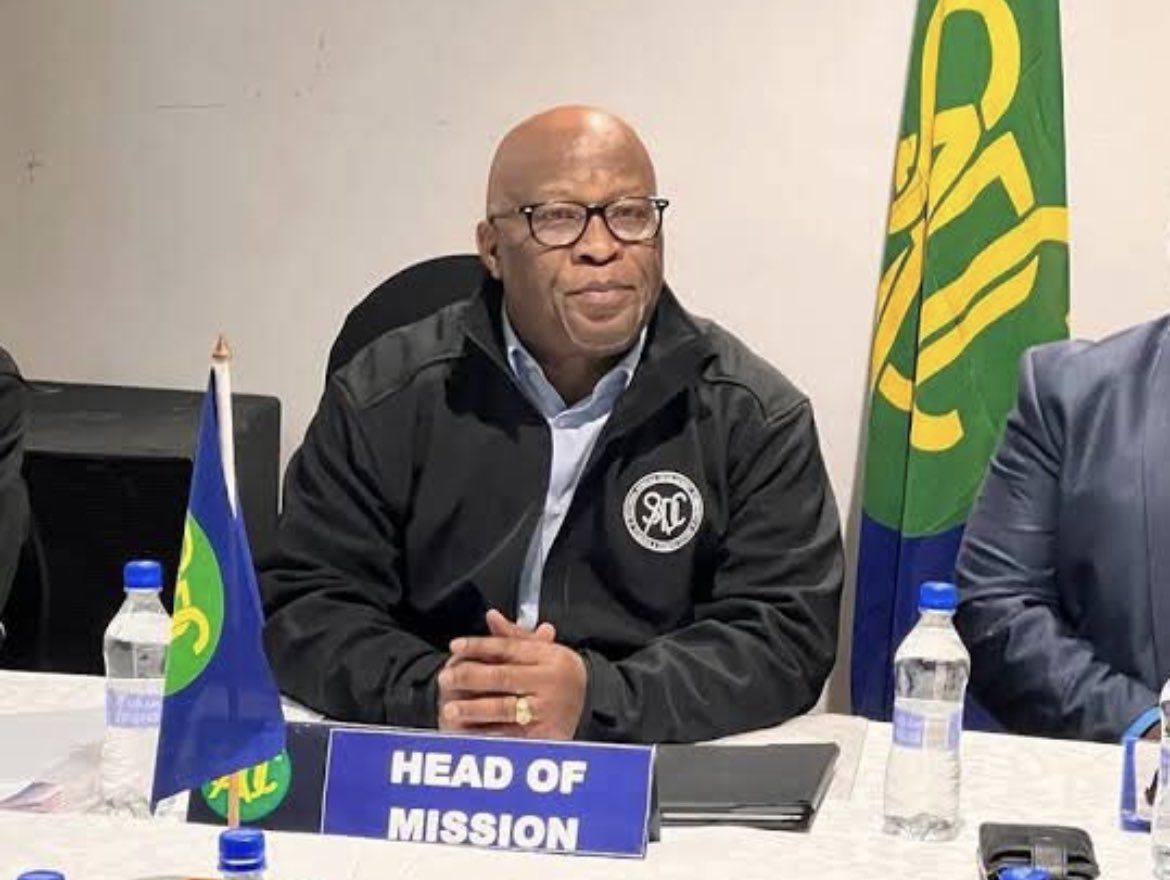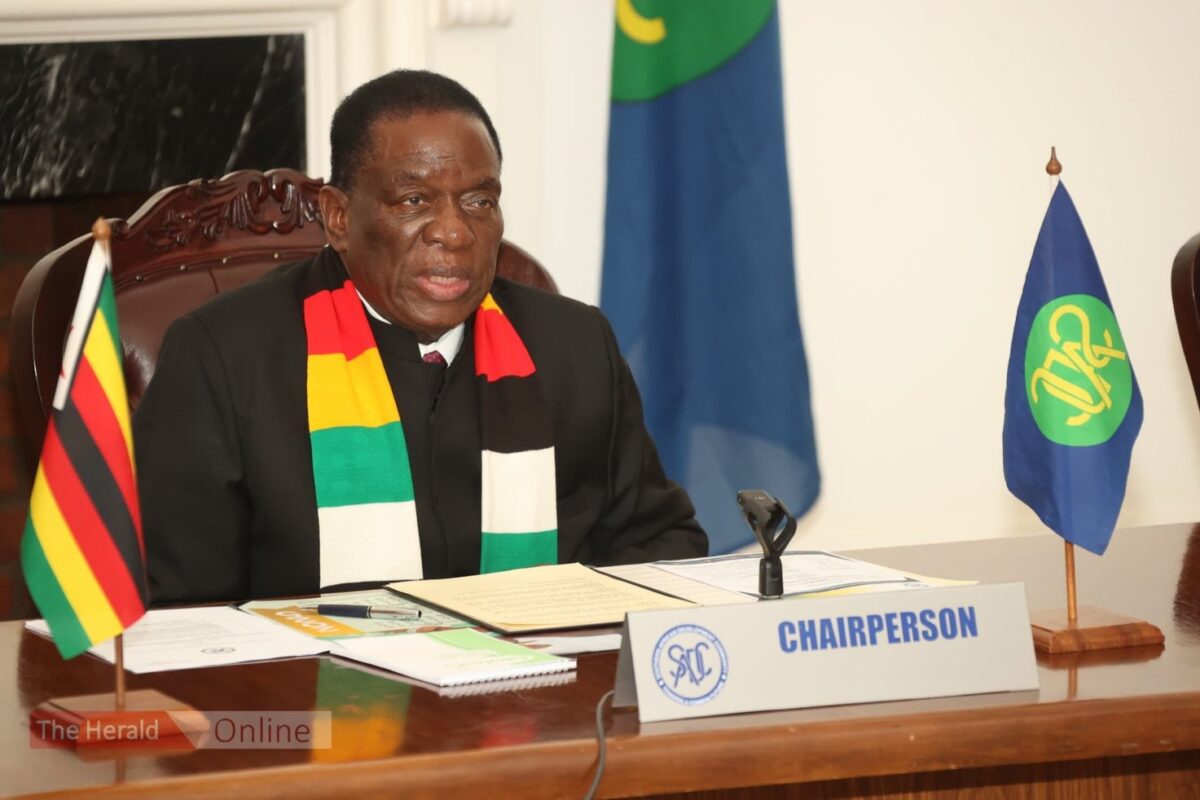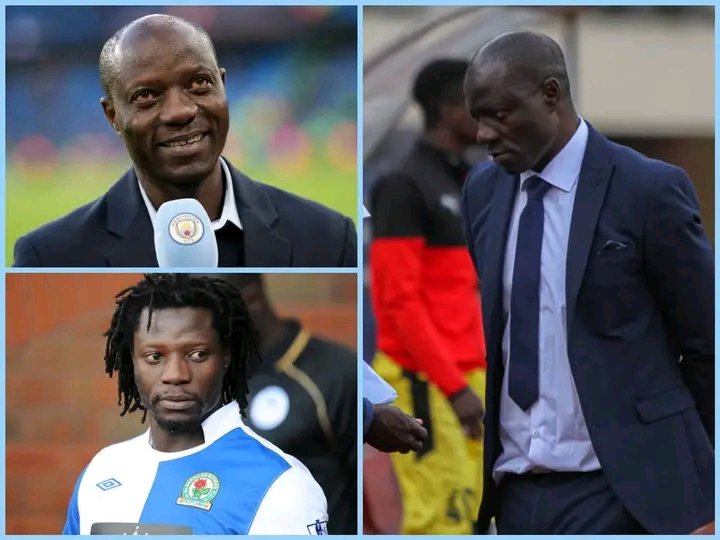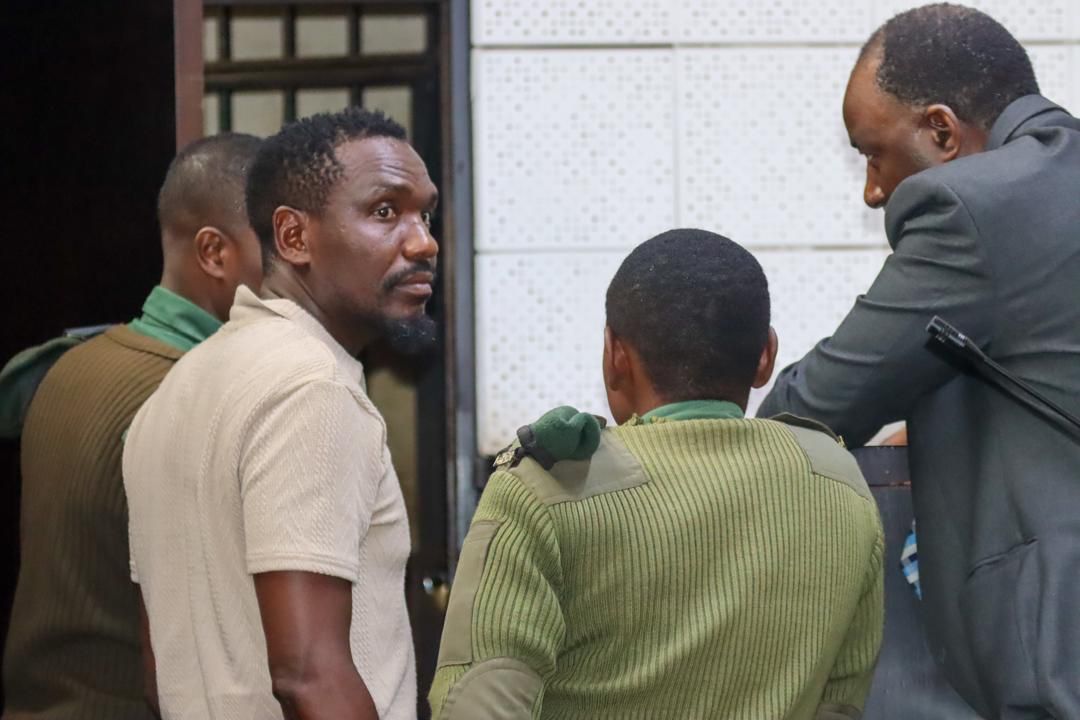HARARE – The Southern African Development Community Electoral Observer Mission (SEOM) says Zimbabwe’s just ended harmonised elections did not meet the requirements of the country’s constitution and the SADC principles and guidelines governing democratic elections.
Presenting the mission’s preliminary findings at a press briefing in Harare Friday, SEOM Head Mission Nevers Mumba cited the involvement of FAZ in the poll process, delays in release of the voters’ roll and failure to deliver ballot papers on time in a lot of polling stations as some of the violations that marred the August 23 poll.
Mumba said ZEC’s delay in releasing the voters’ roll, failure to make it searchable and analysable, and the high fees levied for its access were restrictive and affected stakeholders from verifying the veracity of the crucial poll document.
He said his mission also noted infringement on freedom of assembly through use of the Maintenance of Peace and Order Act (MOPA) by Zimbabwean authorities.
“There were stakeholder concerns about the right of freedom of assembly for election campaign purposes, whereupon the CCC reported that their rallies were being subjected to unreasonable cancellation by the Zimbabwe Republic Police,” he said, adding that his mission noted the high number of litigation cases surrounding the elections, critically the process of nominating candidates.
He said candidate nomination fees were exorbitant and therefore restrictive to political participation especially to less well-off citizens such as women and the youth.
Mumba said his mission found the controversial policy a violation of SADC principles and guidelines that require member states to guarantee an environment of open contest by any eligible citizen.
The former Zambian vice president said SEOM also received reports that the country’s judiciary was lavished with hefty perks by government ahead of the poll in what allegedly compromised its impartiality in handling a litany of poll-based disputes that followed nomination.
“A key justification for this perception was information received from these stakeholders that the judiciary recently received large financial and material incentives which the stakeholders viewed as an attempt by the government to buy loyalty and allegiance of the judiciary,” he said.
The SEOM also noted that presidential aspirant Saviour Kasukuwere’s disqualification from the electoral race was unconstitutional even though the courts upheld the exiled politician’s ban.
The mission said coverage of the opposition by public media was minimal.
Mumba also cited concerns raised by voters who failed to cast their ballots during the designated 23 August poll date due to late delivery of ballot papers and poor administration at some polling stations.
He said his mission noted that in Harare and Bulawayo, a lot of polling stations did not open on time with some opening for more than 12 hours after the stipulated time.
“Due to delays, some voters left without casting their votes, while others opted to remain in lengthy queues throughout the day and night,” he said.
The SEOM head said prior to Election Day, ZEC had assured the mission that all necessary voting materials were in place.
“This communication was made in the context of the section 52A(2) of the Electoral Act which requires ZEC to provide information on the number of ballot papers and publication details regarding them.
“On the basis of these two considerations, the subsequent information from ZEC that they did not have adequate ballot paper has the unfortunate effect of creating doubts about the credibility of this electoral process.”
Mumba said his mission observed the Forever Associates of Zimbabwe (FAZ) agents conducting electoral work whose effect was intimidation on voters.
“Our observers confirmed the existence of this group as its officials or agents were easily identifiable at some polling stations as they were dressed in regalia emblazoned with FAZ name and were accredited local observers.
“These, and other unidentified persons who were not polling officials were also observed taking down the names of voters.
“In some areas, voters were intimidated by the actions of these individuals,” he said.
The mission however said the pre-election and voting stages were peaceful.
“In conclusion, the Mision observed that the pre-election and voting phases, on 23-24 August 2023 harmonised Elections were peaceful and calm.
“However, for reasons outlined above, the Mission noted that some aspects of the harmonised elections fell short of the requirements of the constitution of Zimbabwe, the Electoral Act, and SADC principles and guidelines governing democratic elections (2021).”
















